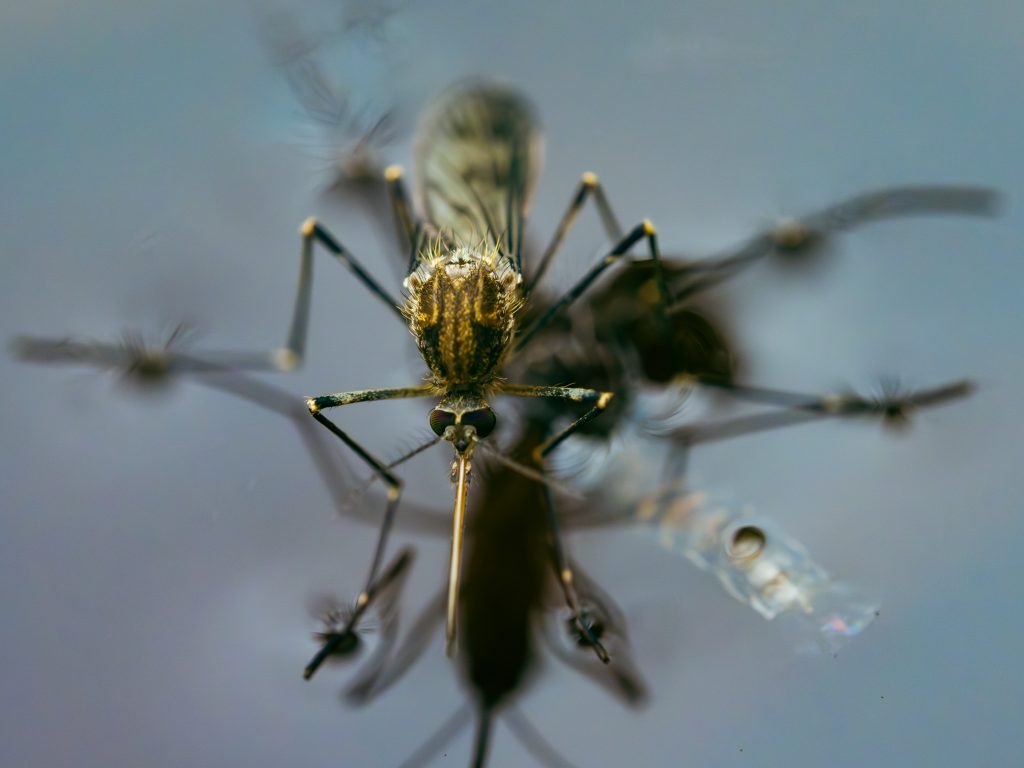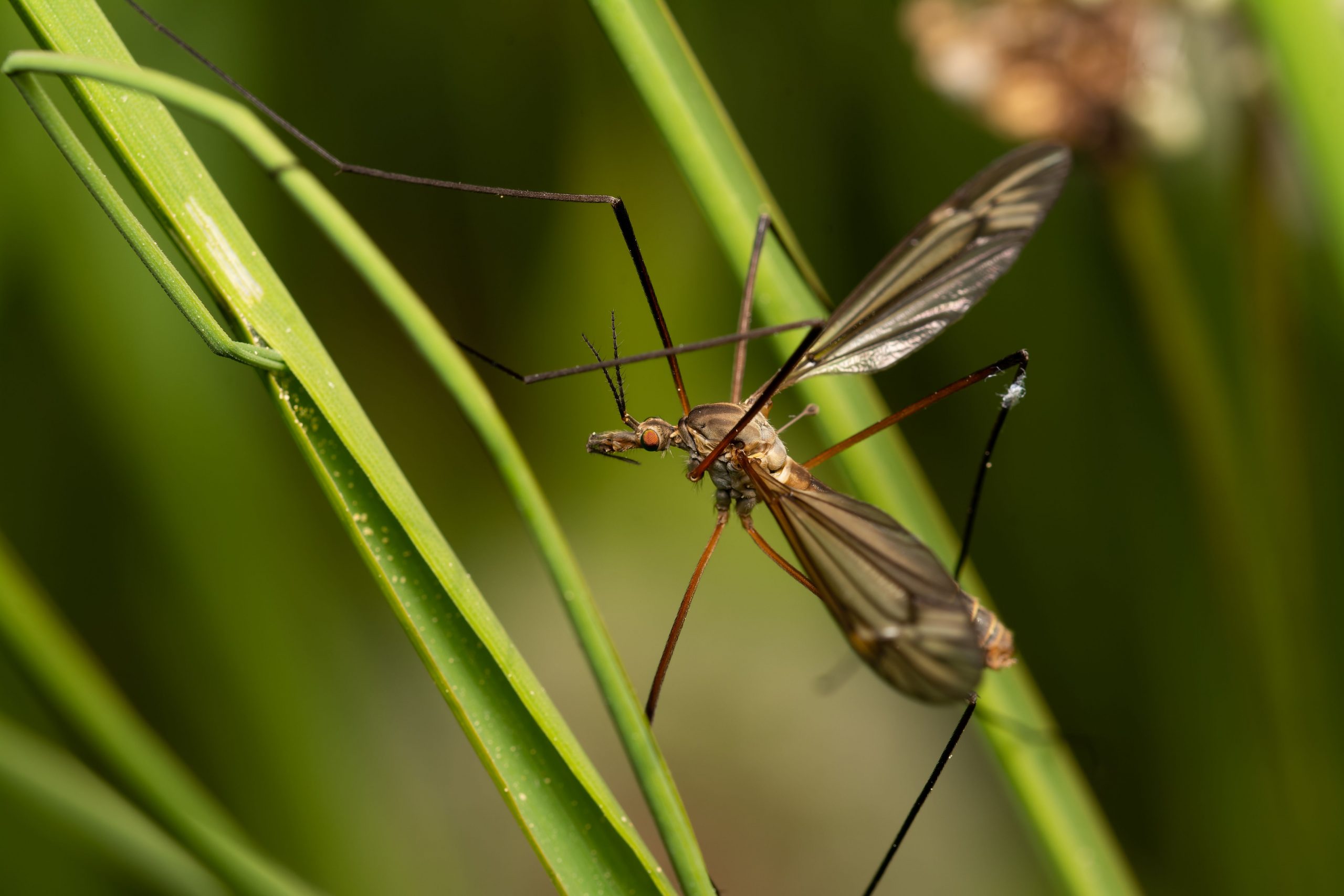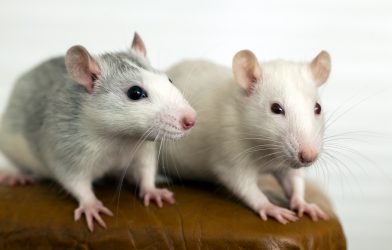Mosquitoes are often dismissed as mere pests, but these tiny insects play a surprisingly significant role in our world. While they’re infamous for their itchy bites and the diseases they carry, mosquitoes also contribute to the environment in ways we often overlook. In this article, we’ll delve into the complex nature of mosquitoes, their unexpected ecological roles, and the serious implications they have for human health.
Though small, mosquitoes are integral to many ecosystems. One surprising aspect is their role as pollinators. While they might not be as efficient as bees, some mosquito species help pollinate certain plants, particularly in tropical regions, contributing to the biodiversity of these ecosystems. Moreover, mosquitoes serve as a vital food source for a variety of animals. Birds, bats, fish, and other insects rely on mosquitoes and their larvae for sustenance, making them an essential part of the food chain.
Despite these ecological benefits, mosquitoes are best known for their darker side. They are vectors for some of the most dangerous diseases, including malaria, dengue fever, Zika virus, and West Nile virus. These illnesses have a massive global health impact, particularly in tropical and subtropical regions. The World Health Organization estimates that malaria alone causes over 200 million infections and nearly half a million deaths annually. The economic impact is equally significant, burdening healthcare systems and causing lost productivity.

Efforts to control mosquito populations often come with environmental trade-offs. The widespread use of insecticides, for instance, raises concerns about their impact on non-target species, including beneficial insects and wildlife. In some cases, these chemicals can persist in the environment, leading to long-term ecological consequences. Emerging methods, such as releasing genetically modified mosquitoes, aim to reduce populations by preventing reproduction. While promising, these approaches also raise ethical and ecological questions. Natural methods, like introducing predators or using bacteria to target mosquito larvae, offer alternative solutions but require careful management.
As we continue to tackle the challenges posed by mosquitoes, it’s crucial to find a balanced approach that considers both their ecological role and the health risks they pose. Research and innovation in mosquito control must prioritize safety, effectiveness, and environmental sustainability. Public education on preventive measures, such as using mosquito nets and eliminating standing water, is also vital in reducing the spread of mosquito-borne diseases.
Mosquitoes are a complex group of insects with both positive and negative impacts on our world. While they play a crucial role in ecosystems, their ability to spread deadly diseases cannot be ignored. By understanding and addressing these dual aspects, we can work towards a safer and healthier future for both humans and the environment.














